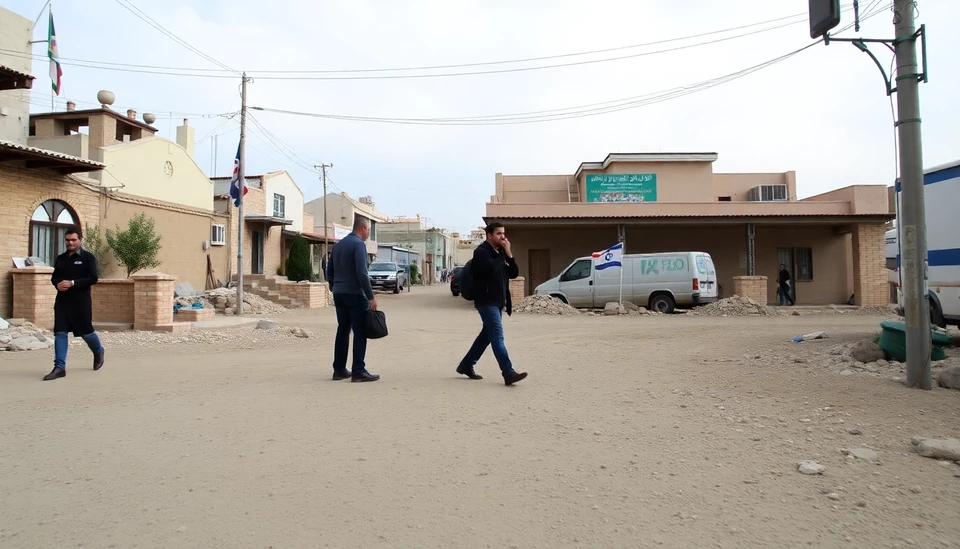
Israel's economy has entered a troubling phase as growth is projected to slow significantly in 2024 due to the persistent impacts of ongoing armed conflicts. Analysts are expressing concerns that the combination of disruptions from warfare and declining foreign investments is placing a heavy burden on the nation’s economic stability. Following a tumultuous 2023 marked by violent confrontations and heightened tensions, the financial landscape is feeling the strain.
According to the latest economic forecasts, the Israeli GDP growth is expected to drop to around 2% in 2024, a stark contrast to the robust growth rates previously experienced by the nation. This marks a concerning trend, compounded by a series of adverse factors, including reduced exports and a climate of uncertainty that is discouraging both local and international investment.
With the ongoing military actions, it has become increasingly challenging for businesses to operate effectively. Key sectors that traditionally contributed significantly to Israel's economy, such as technology and pharmaceuticals, are now facing serious disruptions. As foreign investors reassess their commitments in light of security risks, capital inflows have notably diminished, contributing to a climate of economic stagnation.
The conflict's effects extend beyond immediate economic indicators. Long-term implications for Israel's workforce are also looming large, as many young professionals are contemplating relocation to more stable environments. This potential brain drain could further erode Israel's innovative spirit and technological edge, which have long been the bedrock of its economic success.
Exports, another crucial element of Israel's economy, have also taken a hit, with global markets showing decreased demand for Israeli goods. Trade partners are becoming increasingly cautious, especially given the unstable geopolitical climate. This decline in exports can significantly impact domestic production capacities and employment rates within the country.
In response to these challenges, Israeli policymakers are being urged to enact strategic measures that not only address immediate concerns but also lay the groundwork for sustainable growth in the future. Investment in infrastructure, incentives for innovation, and diplomatic efforts to stabilize the situation are among the potential strategies that could help avert further economic decline.
As the situation continues to develop, observers will be watching closely to see how Israel navigates the complex interplay of military, economic, and diplomatic factors that are currently defining its path forward. The hope is that through concerted effort and strategic planning, the nation can slowly regain its footing and set the stage for a more prosperous future.
In conclusion, Israel's economic outlook for 2024 paints a picture of caution and challenge. The ongoing conflict presents not only immediate ramifications for profitability and growth but also threatens the longer-term stability of one of the region's most dynamic economies. Stakeholders across the board—from government officials to business leaders—are collectively facing the task of steering the nation through these turbulent times.
#Israel #Economy #GDP #Investment #Exports #Conflict #Growth #Business #Politics #Finance
Author: Rachel Greene




